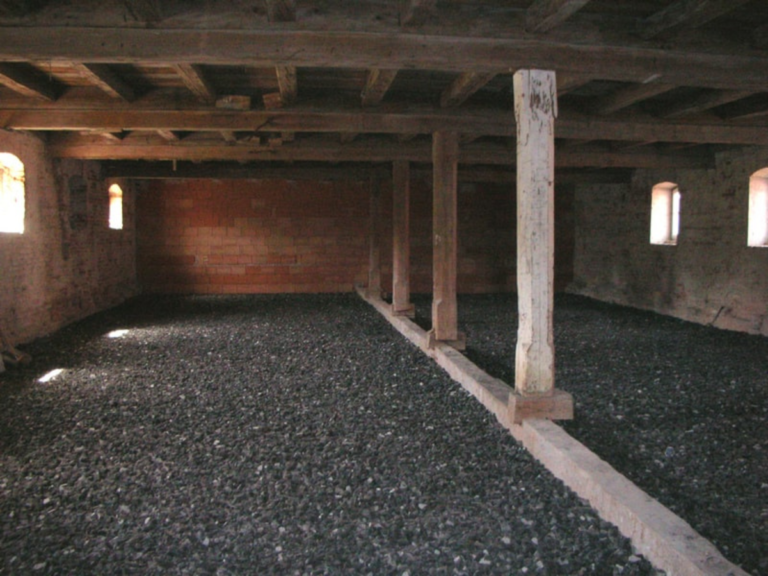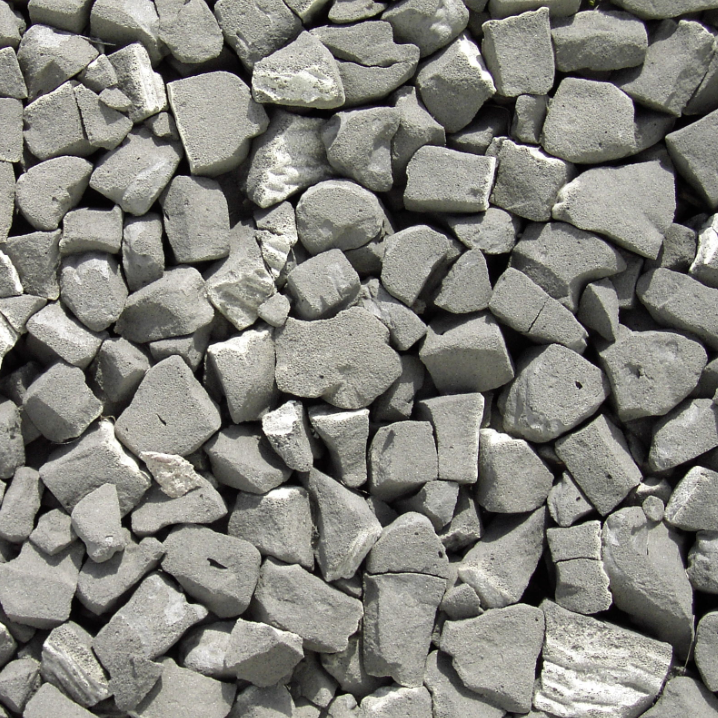Sustainable Building Solutions
Harnessing Recycled Foam Glass for Insulated Solid Floors
Introduction
As the building industry continues to move towards sustainability, innovative materials like recycled foam glass are gaining prominence for their eco-friendly properties and versatile applications.

From reducing environmental impact to enhancing energy efficiency, recycled foam glass offers a sustainable solution for modern building practices.
1. Recycled Foam Glass: A Green Building Material with Multiple Benefits
Recycled foam glass, made from post-consumer recycled glass, exemplifies the circular economy by diverting waste from landfills and transforming it into a valuable construction material. With its lightweight and insulating properties, recycled foam glass is an ideal alternative to traditional aggregates and blocks, offering both thermal performance and environmental benefits. Construction projects can reduce their carbon footprint and contribute to sustainable development goals by incorporating recycled foam glass into building components.
2. Insulated Solid Floors: Enhancing Thermal Efficiency and Comfort
Insulated solid floors are crucial in maintaining indoor comfort and improving building energy efficiency. By using recycled foam glass aggregates to construct solid floors, builders can enhance thermal insulation properties, reduce heat loss, and create a more sustainable built environment. The lightweight nature of foam glass aggregates makes installation easier and minimises structural loads while providing excellent thermal performance, contributing to energy savings and occupant comfort.
3. Environmental Impact and Long-Term Benefits
Utilising recycled foam glass in insulated solid floor design offers a range of environmental benefits, including conservation of natural resources, and waste reduction. The durability and longevity of foam glass aggregates and blocks ensure the longevity of building components, minimising the need for maintenance and replacement over time.

At Stephen Grindrod LTD, we have used recycled foam glass to construct solid floors for several years.
By harnessing the thermal insulation, lightweight properties, and environmental benefits of foam glass aggregates and blocks, builders can elevate the performance and sustainability of their projects while reducing their ecological footprint. Embracing recycled foam glass as a versatile and eco-friendly material promotes a circular economy and lays the foundation for a greener, more resilient built environment.
